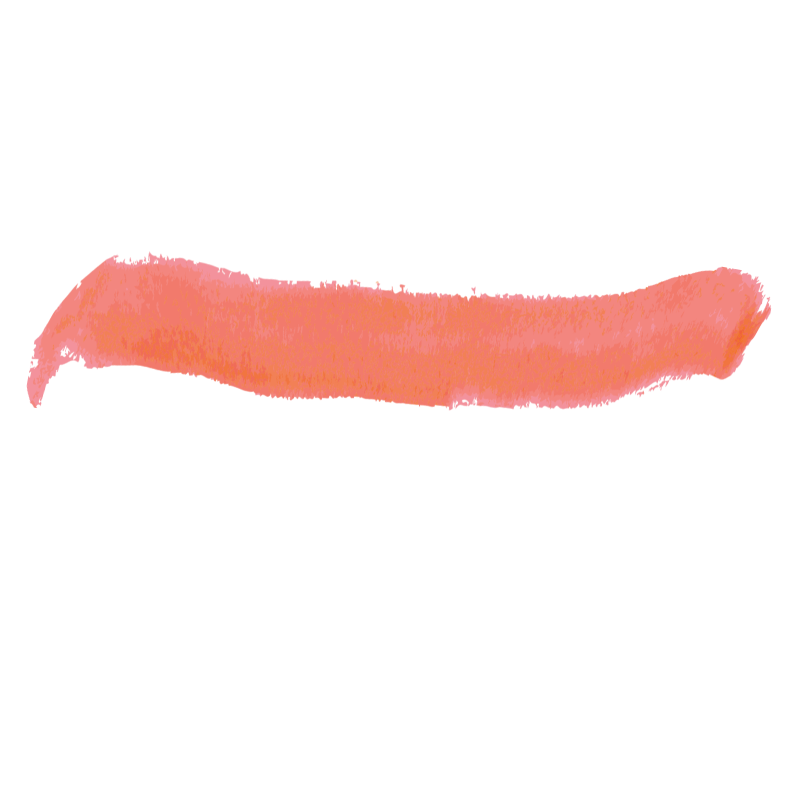In the list of goals that I set for my masters studies, besides dealing with anxiety, I desired to be more independent in my learning. The intention of working towards greater self-help, coupled with my innate curiosity, motivated me to be able to be my own teacher and hence seek out for answers on my own. Through taking workshops and modules that were intended to improve my practice and dealing with mental health, I started to scrutinise my practice methods and routine. Unknowingly, I was already in the process of a personal intervention.
The biggest change through this journey was that the emotional me was gradually taking a backseat, allowing the rational me to steer myself in this new direction. I began to experiment with new techniques based on mindfulness and attentional focus and I recorded down those that were working for me. After organising these techniques, I arrived at three broad categories, without having read through much literature and the science behind them.
When I finally got myself to do exactly that, I came across the OPTIMAL (Optimising Performance through Intrinsic Motivation and Attention for Learning) theory of motor learning when reading Susan Williams’ research on “Finding Focus” (2019). It came as a complete surprise to me as the three key elements of the theory (autonomy, enhanced expectancies, and external focus) were almost like a spitting image of the three broad categories of my techniques! Not only did it give me the reassurance and approval that I was on the right track, it also gave me a better structure and understanding of how and why my techniques were working. My research question then became clear:
How can the ideas of the OPTIMAL theory of motor learning inform my own practice?
Whenever I look back on my musical journey thus far, there is always this feeling of wistfulness. Thoughts like: “If only I had sought out for answers much earlier” or “I would have improved much better if there were more discussion about such matters surrounding anxiety in musicians'' often pops into my mind from time to time. Therefore, it is my greatest hope that through my research, I will be able to build up more knowledge for myself so that I can function as a source of help and information. More importantly, I hope that l will be able to shed more light on and help erode the stigma of mental health issues, especially for musicians. Hence, I found it integral that I developed an informed method that would be useful for other musicians. Therefore, my research tackled a secondary research question:
How can I use the OPTIMAL theory of motor learning to inform other musicians in their practice?

